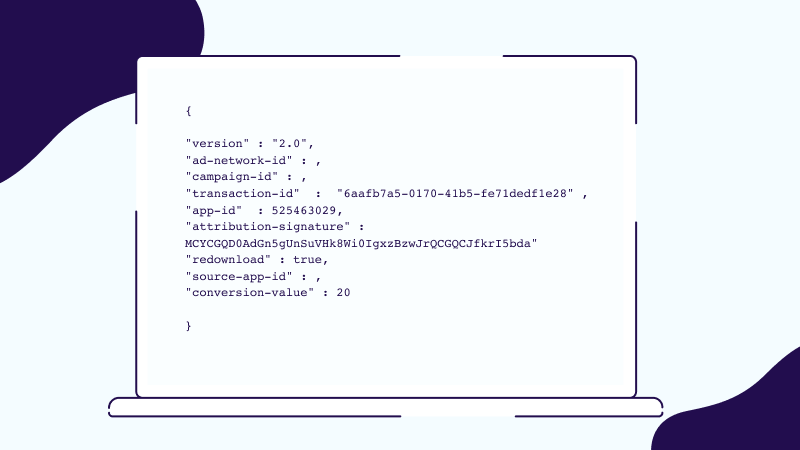
SKAdNetwork feature requests: Organic (unattributed) data

Welcome to our new SKAdNetwork feature requests series. In this new series we aim to create a platform where marketers and industry leaders can share ideas and SKAdNetwork feature requests with Apple.
I’ll start: I’d like to talk about organic (unattributed) data.
The thing with organic data is that in most cases organic data is not really organic.
Every organic install can be attributed to some marketing effort (word-of-mouth can be considered a marketing effort as well). So when I say “organic”, I mostly mean unattributed install data, which is, to put it simply, everything that is not directly attributed.
iOS 14 and the loss of organic data
Measuring campaign performance has always been a challenge for marketers. Even in a fantasy world, where you could have access to all the data on the planet, you would still need to figure out how to set your benchmarks and which metrics to focus on. What’s more, the metrics you measure will likely change over time according to the needs and requirements of your business.
Whether you’re measuring installs, in-app CVR, eCPI, ROAS, ROI day 7, or anything else, comparing organic (unattributed) data with non-organic data is a critical aspect of performance measurement.
Image: Organic data compared with non organic data
In the wake of iOS 14+, marketers are truly struggling with the loss of organic data.
I speak with customers and partners often, gathering feedback and conducting research. This notion resurfaces time and again, making it harder than ever for businesses to assess the performance of their campaigns.
Without organic data, marketers can’t really measure the quality of their paid users. Making organic SKAdNetwork data available as part of the SKAN postbacks is undoubtedly the next reasonable step.
Suggested solution
As a Product Manager, I always try to pick the “low hanging fruit”, or in other words: deliver the products that require little effort to make a huge impact. Without getting into implementation details, providing unattributed install data seems like low hanging fruit for Apple (pun not intended).
So how can this be done?
SKAdNetwork is a distributed attribution solution where the clicks and impressions are stored on the end user’s device. For every install, where the advertiser uses registerForAttribution() or updateConversionValue() to request attribution data, if:
- the click and impression database on the device is empty, or
- The lookback window expired
Apple should send a postback of organic (unattributed) data. The postbacks won’t include any attribution data, but should include conversion values based on user behavior.
Here’s how I imagine such a postback would look like:

Since advertisers are already set up to receive a copy of SKAN postbacks to their endpoint of choice, organic postbacks can be sent exactly the same way, to the same destination. This way, advertisers get all of their data to the same location, where it can be grouped, analyzed, and enriched.
What’s next?
Since the reintroduction of SKAdNetwork last year, AppsFlyer has been in constant contact with Apple to provide feedback on important capabilities that we believe are still missing.
Among other things, we argued that attribution data belongs to the advertiser, and therefore the advertiser should receive a copy of the winning postbacks. Apple listened. Starting in iOS 15, app developers can receive a copy of winning postbacks directly to their endpoint of choice.
We hope that this new series will continue to promote SKAdNetwork innovation and help marketers get the most out of SKAdNetwork.
Have more ideas on the evolution of SKAdNetwork? Shoot us an email to skadnetwork@appsflyer.com and we’ll host your idea (with full credit) in one of our blog posts.
Or, In the meantime, you can contribute by completing the survey:




